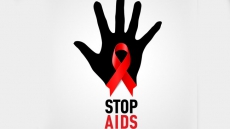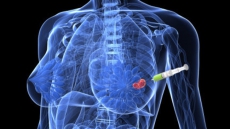Some scar-forming cells in the heart have the ability to become cells that form blood vessels required to boosts the heart's ability to heal after an injury, found an Indian-origin researcher, suggesting a new approach to treat heart attack.
The team of researchers he led also found that a drug could enhance this phenomenon - turning the scar-forming cells in the heart, known as fibroblasts to endothelial cells that form blood vessels - and improve the repair process after a heart attack.
"Our findings suggest the possibility of coaxing scar-forming cells in the heart to change their identity into blood vessel-forming cells, which could potentially be a useful approach for better heart repair," said the study's senior author Arjun Deb, associate professor of medicine at the University of California-Los Angeles in the US.
"It is well known that increasing the number of blood vessels in the injured heart following a heart attack improves its ability to heal," Deb added.
Through experiments on mice in which scar-forming cells in the heart were genetically labelled, the researchers discovered that many of the fibroblasts in the heart's injured region changed into endothelial cells.
This process contributed directly to blood vessel formation - a phenomenon they called mesenchymal-endothelial transition or MEndoT.
The researchers also identified a molecular mechanism that regulated MEndoT and found that administering a small molecule to augment MEndoT led to less scarring and allowed the heart to heal more completely.
The study appeared in the journal Nature.





